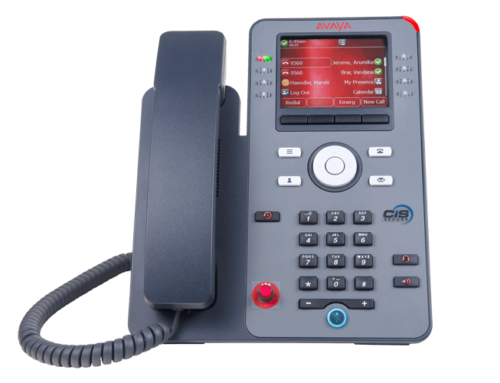The way we connect with each other has vastly changed over the last 20 years. However, even in our world of e-mail, texting, and social media, the telephone remains the most important communication tool for businesses of all sizes.
The business phone system market itself has evolved in recent years, with so many more options than the classic multi-line set-up.
With advancements in technology and ever-changing telecommunication trends, it can be difficult for business owners to determine which system will best suit their needs.
Whether you’re upgrading your current phone system or installing a new one altogether, there are a few key things to consider…
Traditional Land Line or VoIP?
Recent changes have made both traditional phones and Voice Over Internet Protocol (VoIP) systems much more scalable and affordable. The price is a fraction of the cost of a system from 20 years ago. Both are also much more user-friendly and flexible.
A conventional land line is considered the most secure and reliable. It’s tried and true technology that’s been around for over 150 years and will still work in the event of a power outage.
A VoIP phone system can be significantly cheaper because it uses an existing internet connection rather than requiring a separate system or additional hardware. With VoIP, the device only needs an internet connection; you can use a mobile phone, computer, or desk phone to make calls.
Which Phone Features Does Your Business Require?
Will you have a live person answering your phones or do you require a phone system with an IVR or auto attendant? Will your phone system have the ability to integrate with sales software or email marketing software?
Plan to market to callers? Ensuring your phone system has the capability to utilize an on-hold messaging service in an important consideration for businesses of all sizes.
There are many phone features that can play a critical role in your caller experience, so determine your company’s specific requirements before you purchase.
Can Your Phone System Grow with You?
Lastly, you should account for growth within your company. The average phone system today lasts around 5 to 8 years, however many of them will continue to work (with maintenance and regular parts replacement) for quite a bit longer than that. It’s hard to forecast where your company will be five years from now, but it’s important to allow some space to add additional lines and/or features.
Often phone systems can run for several years after the “best before date,” but there is a danger in holding on for too long. With traditional landlines, there are limited options for add-ons, and additional phone sets and wired phone lines are needed in order to scale.
The Bottom Line
Still feeling overwhelmed? A qualified telecom provider can help you make an informed decision. Not only do they have the knowledge and experience to set you up with the right phone for your business, they’ll also be readily available to respond to technical issues and keep whatever system you choose running smoothly.
Have questions? Contact Us for assistance.








